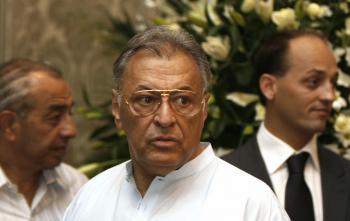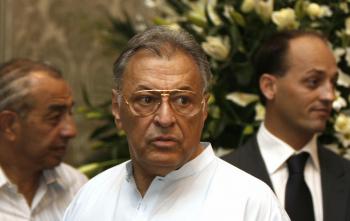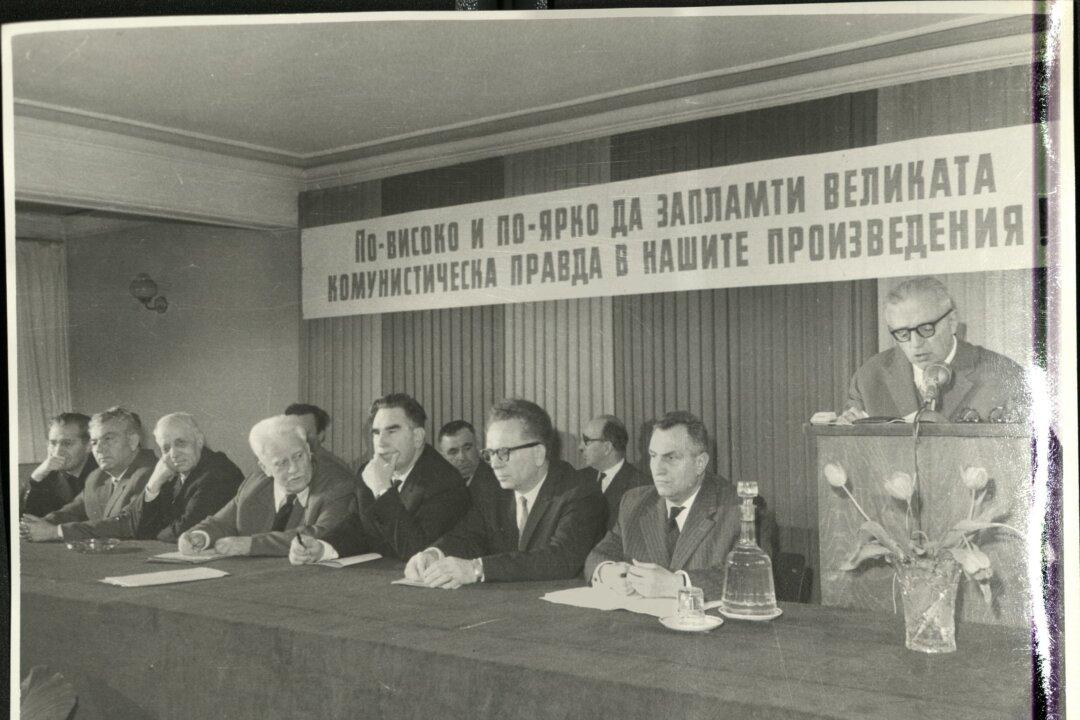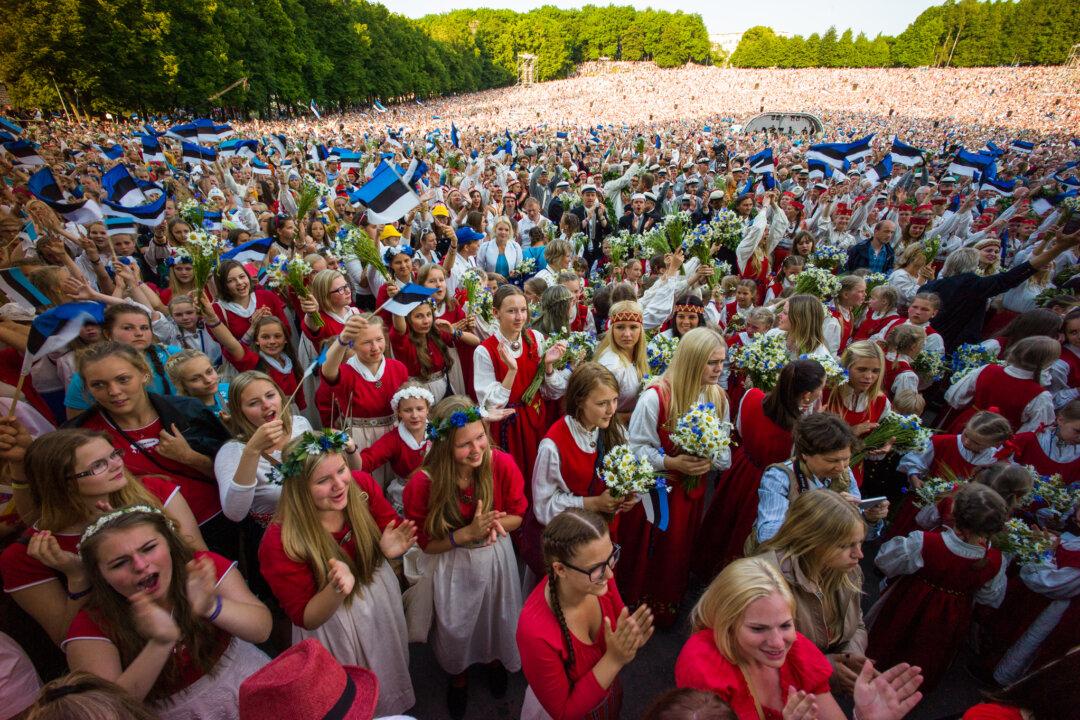Bringing Classical Music to India
World famous conductor Zubin Mehta scheduled a first-time ever concert series of classical Western music in India to honor of his father, the renowned violinist Mehli Mehta.
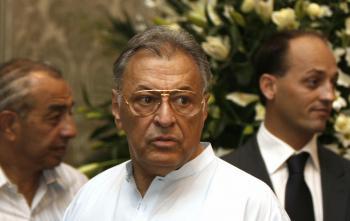
Indian conductor Zubin Mehta (C) arrives in India this past weekend as part of a series of concerts to celebrate the birth centenary of his father, Mehli Mehta, who did much to put Western classical music on the map in India. Sajjad Hussain/AFP/Getty Images
|Updated:


